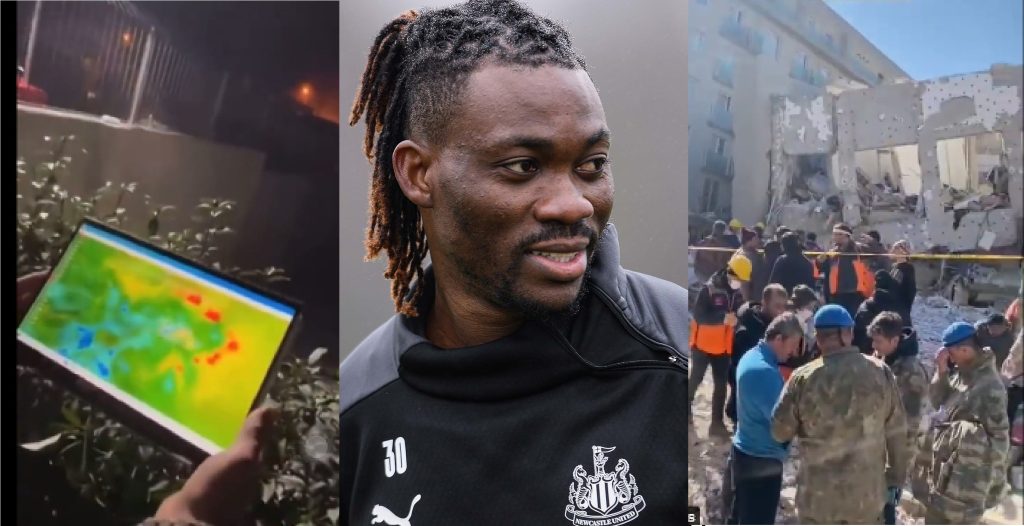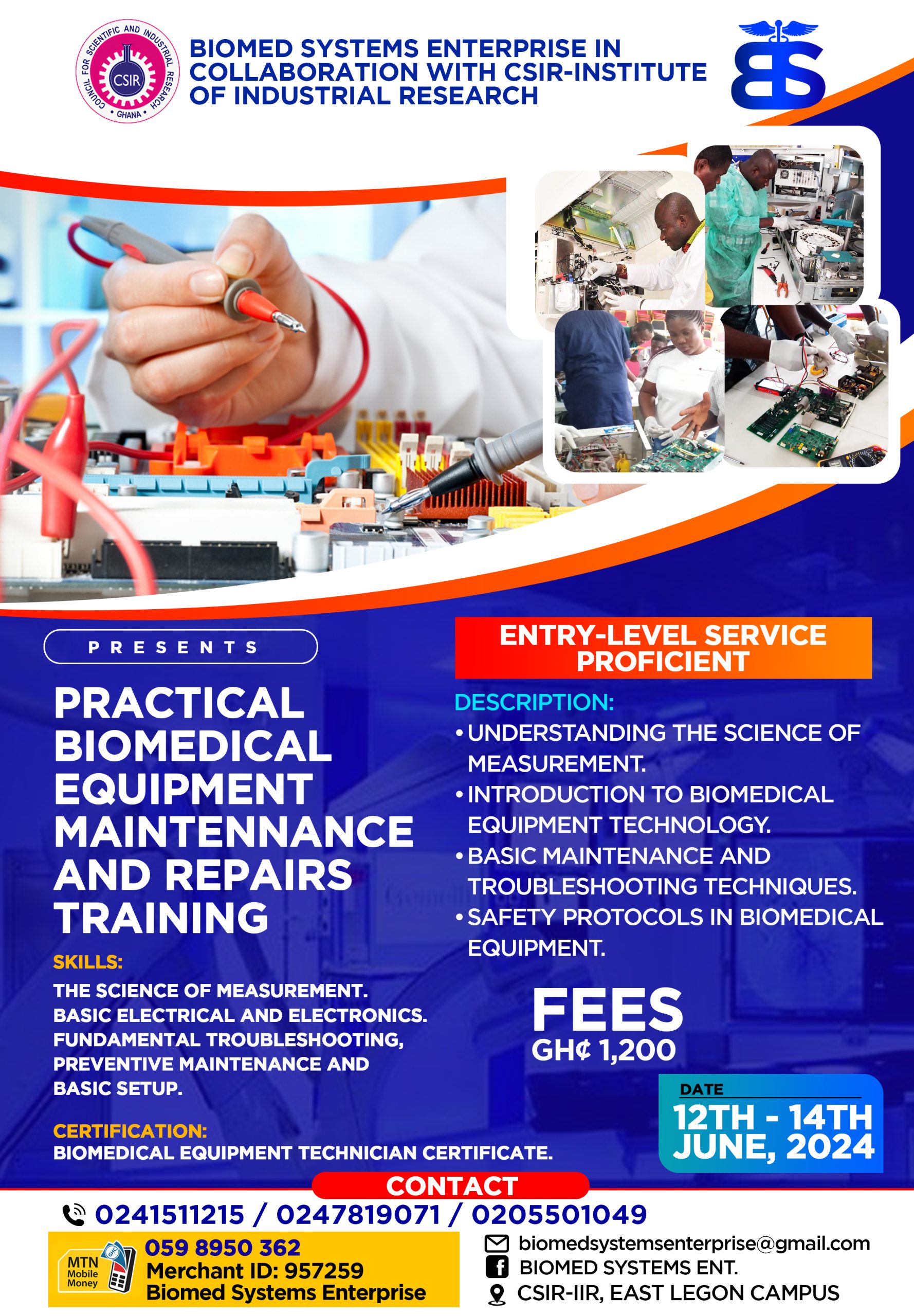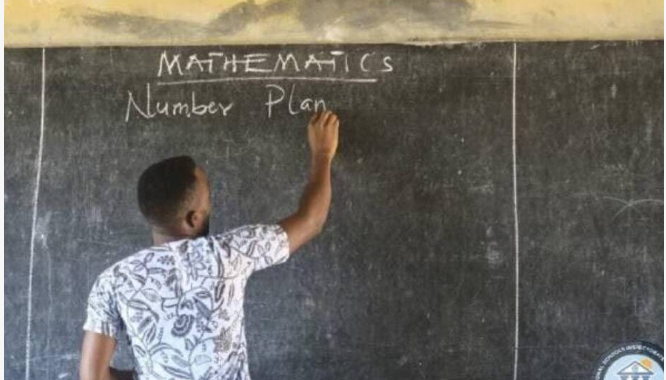Videos: Hatayspor’s left back Samuel Adekubge, who was with Christian Atsu on Sunday night has been narrating his experience to TSN

The Hatayspor’s left back Samuel Adekubge, a teammate of Christian Atsu who was with Christian Atsu on Sunday night has been narrating his experience to TSN. According to him,
We just played that evening, and so they hung out with teammates which was the usual practice. Atsu and the others left his place and he cleaned up the residence then he felt himself shaking and thought he was having a panic attack. He added that the shaking went on more and things in the kitchen started falling including the television and a candle he had lighted and placed on a table. At this moment it then dawned on him that it was an earthquake so he quickly dashed out of the room to the open. He added that upon exiting he met people screaming and yelling for help.
The death toll from the Turkey-Syria earthquake is now over 19,000. However, there is verifiable evidence with the aid of technology that there are more people who are alive under the rubbles of the earthquake where Ghanaian International lived.
New videos of rescue teams at work show that more persons are being rescued and it is the hope of Ghanaians and the footballing world that Christian Atsu will be found and rescued alive.
Christian Atsu will be found alive and safe 🙏🏿 pic.twitter.com/lhL47PeoiZ
— Owuraku 🇬🇭 (@Owuraqu_filip) February 9, 2023
Hatayspor left back 🇨🇦Samuel Adekubge,who was with 🇬🇭Christian Atsu on Sunday night has been narrating his experience to TSN🇨🇦pic.twitter.com/OF9M6kOQ3L
— George Addo Jnr (@addojunr) February 9, 2023
How long can someone survive under the rubble of an earthquake?
The length of time someone can survive under the rubble of an earthquake depends on several factors, including the person’s physical condition, the amount of debris that has fallen on them, and access to food, water, and air.
In some cases, people have been rescued from the rubble of an earthquake after several days. This can happen if they are in a pocket of air, if they have access to a source of food or water, or if they have injuries that do not compromise their airway. However, in most cases, people are rescued within the first 24 to 72 hours after an earthquake.
The length of time someone can survive without access to food and water is generally limited to a few days. However, access to air is the most critical factor in determining survival time, and the availability of air can be affected by the size of the debris that has fallen on the person and the amount of space available for air to circulate. In some cases, people have survived for several days without food or water but have died as a result of suffocation or other complications related to the lack of air.
In general, it is important to respond quickly to earthquakes to increase the chances of survival for those who are trapped under the rubble. Search and rescue teams use specialized equipment, such as sniffer dogs, thermal cameras, and sound-detection devices, to locate survivors as quickly as possible.
Send Stories | Social Media | Disclaimer
Send Stories and Articles for publication to [email protected]
We Are Active On Social Media
WhatsApp Channel: JOIN HERE
2024 BECE and WASSCE Channel - JOIN HERE
Facebook: JOIN HERE
Telegram: JOIN HERE
Twitter: FOLLOW US HERE
Instagram: FOLLOW US HERE
Disclaimer:
The information contained in this post on Ghana Education News is for general information purposes only. While we endeavour to keep the information up to date and correct, we make no representations or warranties of any kind, express or implied, about the completeness, accuracy, reliability, suitability or availability with respect to the website or the information, products, services, or related graphics contained on the post for any purpose.




 Noah Lyles Believes he is the New World Fastest Ever
Noah Lyles Believes he is the New World Fastest Ever  Adidas Unveil new Euro 2024 Kit for its Federations
Adidas Unveil new Euro 2024 Kit for its Federations  Dani Alves To Be Released From Prison
Dani Alves To Be Released From Prison  GES opens recruitment portal: Apply for posting now
GES opens recruitment portal: Apply for posting now  How to apply for 2024/2025 recruitment at GES recruitment portal
How to apply for 2024/2025 recruitment at GES recruitment portal  GPA raises concerns over NaCCA books assessment & approval role
GPA raises concerns over NaCCA books assessment & approval role